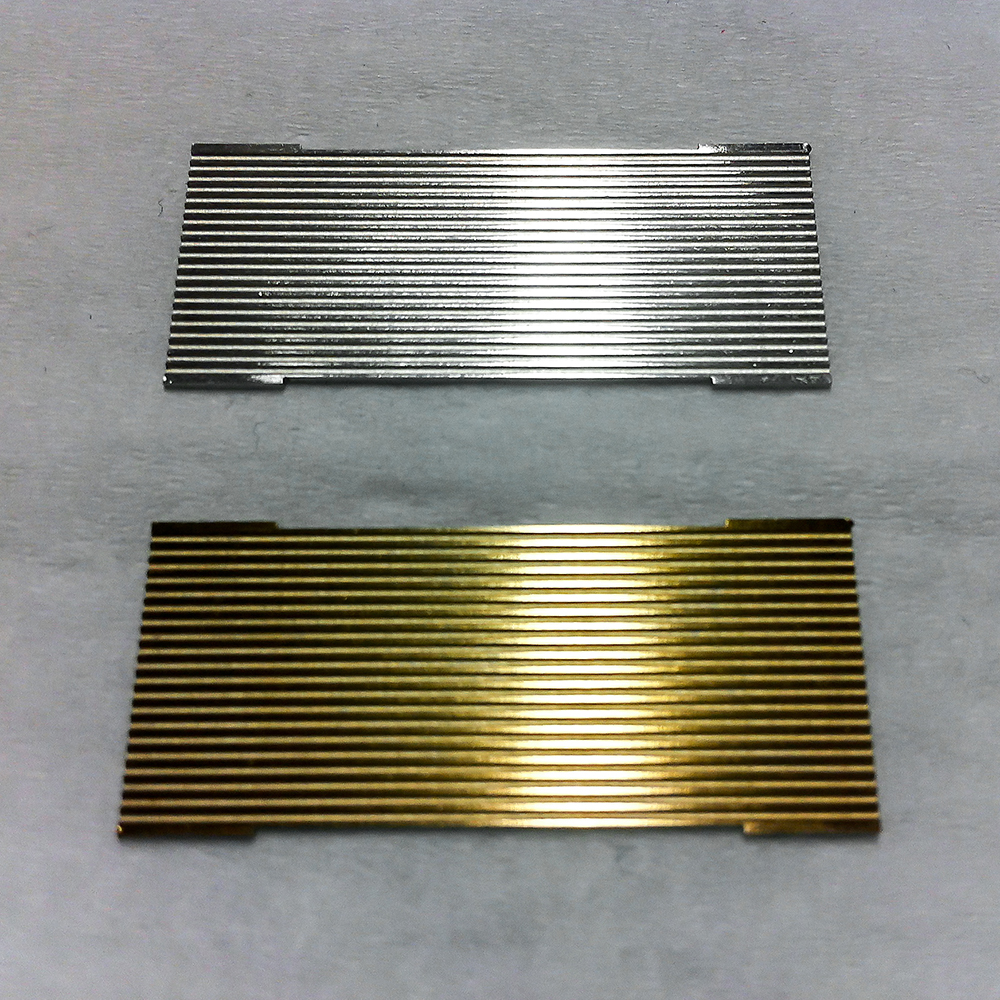Plasmapolymerized polymeric thin films as carrier structures for nanoscopic catalysts

Pharmaceutical agents are based upon fine chemicals with a maximum degree of purity. In most cases, the synthesis is performed in conventional vessels with homogeneous catalysts which are based on noble metal complexes with specially adapted ligands. Thus, these catalysts develop their specific mode of action and selectivity for e.g. the formation of chiral centers in an agent or as a photocatalyst using visible light as an energy source.
Basic principle
Utilizing microreaction technology we are able to develop specialized reactor concepts with immobilized catalysts which allow, besides the possibility of a continuous synthesis, an improved process control and reliability. Using immobilized catalysts creates the big advantage of achieving high product purity without complex catalyst separation after the synthesis
Objective
The sinter process for the catalyst application allows for the fixation of a noble metal catalyst to a heat-resistant surface only at high temperatures. In this process any carbon-based materials or ligands are combusted. Thus, a chemical selectivity as known from complex chiral catalysts used in homogenous enantioselective synthesis would be completely excluded. Our work in the project PlasmaCat directly addresses this issue. We coat microstructured reactor components by plasma polymerization at a low temperature with an organic polymeric thin film to serve as carrier material for catalysts. The functional groups of the polymeric thin film in turn can be used to strongly anchor various catalysts at the surface. To allow a wide range of reactions, three catalyst classes can be deployed: a) noble metal nanoparticles, b) chiral organocatalysts, and c) organic high performance dyes as photocatalysts.
Our research & development services
With the help of these three catalyst classes we make a broad spectrum of synthetically valuable reaction classes accessible:
- carbon-carbon coupling reactions,
- (enantioselective) hydrogenations,
- light-driven reactions.
Funded by: Foundation Rhineland-Palatinate for Innovation, funding code 961-386261/1166.
 Fraunhofer Institute for Microengineering and Microsystems IMM
Fraunhofer Institute for Microengineering and Microsystems IMM